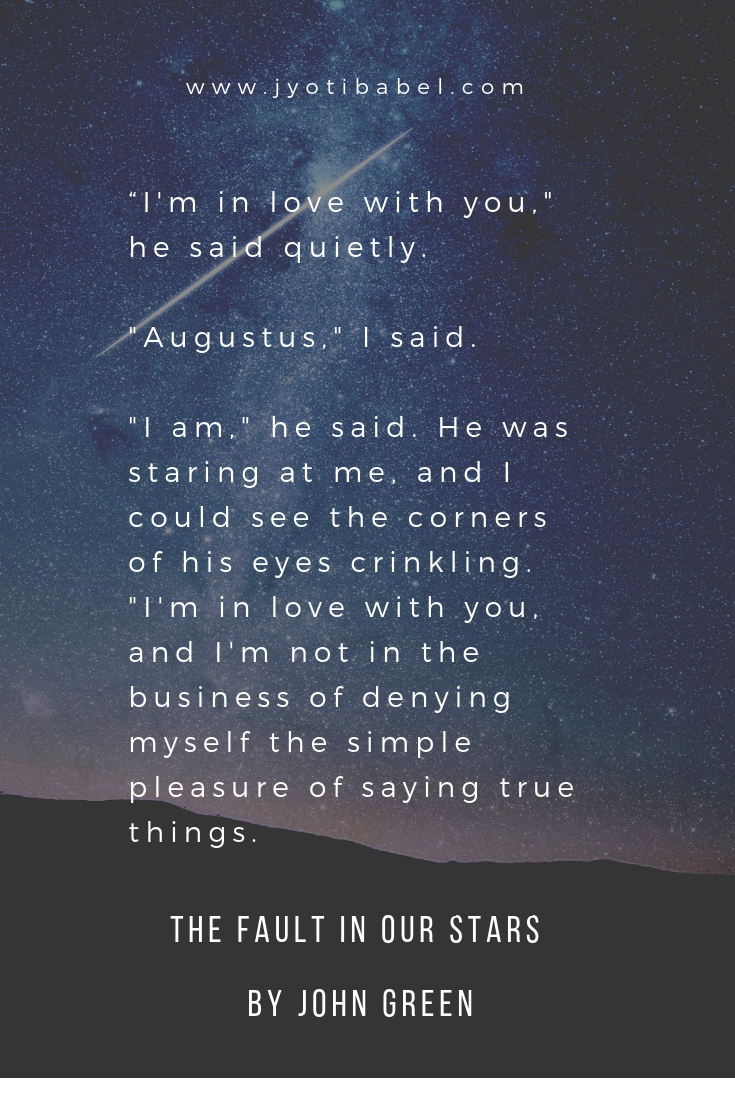
What are they and to which do you most relate? God knows that's what everyone else does." Do you worry about oblivion? Do you ignore it? Different characters in the novel have different views and coping mechanisms to deal with life and death. And if the inevitability of human oblivion worries you, I encourage you to ignore it.

maybe that time is coming soon and maybe it is millions of years away, but even if we survive the collapse of our sun, we will not survive forever. There will come a time when there are no human beings remaining to remember that anyone ever existed or that our species ever did anything. In a support group, Hazel says, "There will come a time when all of us are dead.Those urges just become transfigured by illness." Discuss this statement and whether you agree with Maslow or Hazel. On page 212, Hazel discusses Maslow's Hierarchy of Needs: "According to Maslow, I was stuck on the second level of the pyramid, unable to feel secure in my health and therefore unable to reach for love and respect and art and whatever else, which is, of course, utter horseshit: The urge to make art or contemplate philosophy does not go away when you are sick.How do the characters use symbolism intentionally and in what ways does Green drive symbolism without the characters' knowledge?

Discuss the use of symbolism and metaphors in this novel.

Do you think these things will affect its ability to endure over the years or do the concrete references enhance its appeal? Even though "The Fault in Our Stars" deals with timeless questions, it has many markers of the year in which it was written-from social media pages to text messages and TV show references.How do you think the first-person perspective of this novel affects characterization and plot development? In what ways would third-person narration be different?.


 0 kommentar(er)
0 kommentar(er)
